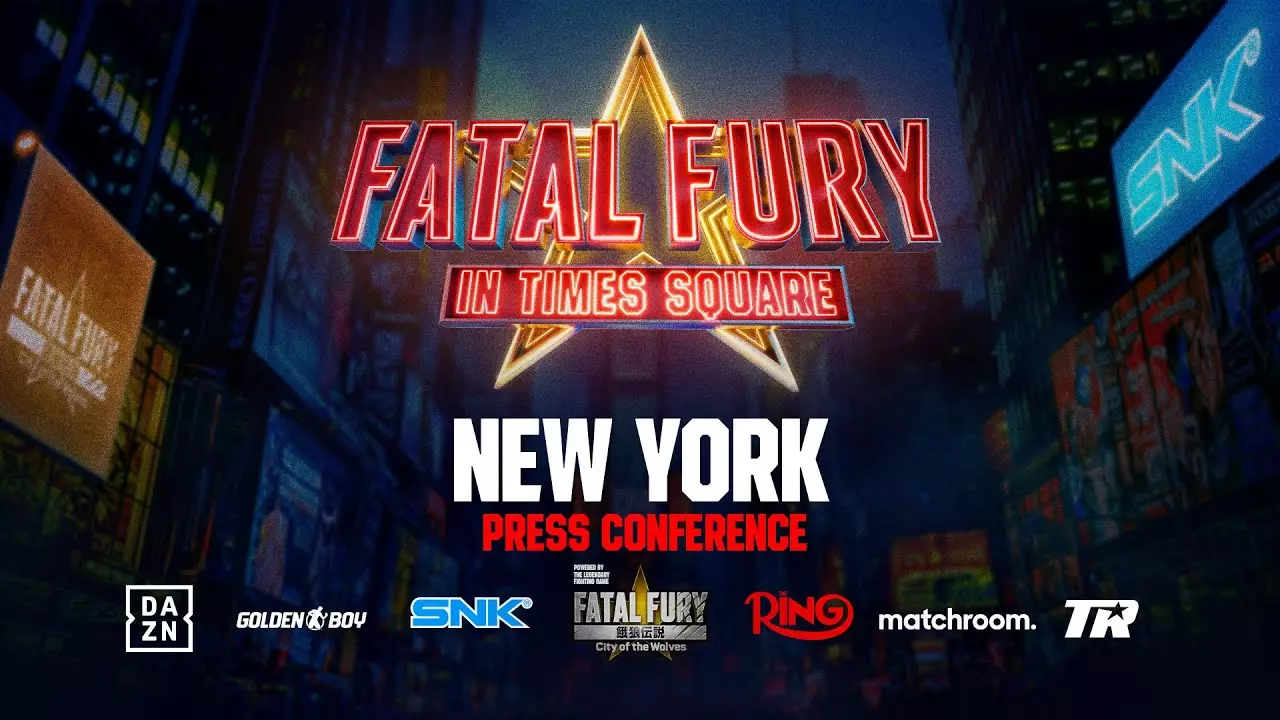Devin Haney, hailed as one of boxing’s brightest talents, is at a critical juncture in his career following a disappointing encounter with Ryan Garcia last April. Despite boasting an impressive record of 31 wins and zero losses, Haney’s psychological and emotional journey seems more tumultuous than it ought to be for an undefeated fighter. His recent comments during the Fatal Fury kickoff press conference reveal a troubling reluctance to take accountability for his performance against Garcia, instead directing blame towards alleged performance-enhancing drugs (PEDs). This represents a deeper issue prevalent in competitive sports: the difficulty in accepting defeat.
Haney’s performance against Garcia was one of disarray. From the first round, he appeared bewildered, almost listless, as he encountered a relentless barrage from Garcia’s well-timed punches. The first left hook that staggered him served as a grim precursor for what was to come—by the seventh round, he was left reeling from a knockdown that would define how fans perceive that bout. There was little in the way of a competitive spirit; Garcia showcased a striking mastery that Haney simply could not contend with. Yet now, when asked to reflect on the fight, instead of acknowledging his shortcomings, Haney’s narrative shifts towards external factors, diverting attention away from his inability to adapt in the ring.
The Shadow of Allegations
The conclusion of the bout was anything but straightforward. Although Garcia emerged victoriously, lifting his hands in triumph, the New York State Athletic Commission later disqualified that result, declaring it a no contest due to Garcia testing positive for Ostarine. This complication adds layers to an already convoluted narrative. Haney’s insistent mention of Garcia’s alleged PED use might be his way of shielding himself from the scrutiny he so richly deserves. It raises the question: Is he genuinely avoiding self-reflection, or is he trying to carve out a narrative that cushions his blows?
The rhetorical question posed to Haney earlier was quite pointed: “Do you feel there are questions being asked of you?” Haney’s answer was reluctant and evasive. He reaffirmed his focus on moving forward, referencing the upcoming fight with two-time world champion José Ramirez, seemingly hoping for a fresh start and an opportunity to silence his critics. However, the validity of those criticisms hangs palpably in the air. After such a humbling experience, will he soar in his next outing, or will the pressures of redemption weigh him down even further?
The Prolonged Absence and Its Implications
Haney’s decision to step away from the ring for a year stirred debate among fans and analysts alike. While he cites personal reasons—wanting to spend time with family and recover—there’s a more pragmatic perception that he was awaiting a more lucrative opportunity. Haney’s narrative aligns neatly with a strategic approach to his career. By avoiding potential pitfalls against lesser opponents, he seems to be aiming for the big paydays against high-profile fighters like Garcia or Ramirez. However, this strategy risks stagnation; boxing is a sport of momentum. How does an extended absence from competition serve a fighter still in his developmental phase?
While he publicly states intentions to fight the best, the hesitations exposed by his lengthy break suggest a fighter who may not fully believe in his own readiness. Given that boxing thrives on continual challenge and adaptation, Haney must grapple with the burden of potential exposure when he steps back into the ring. Questions loom regarding how the year off will impact his performance against an experienced contender like Ramirez—will he reclaim his confidence, or will the ghosts of his past failures haunt him?
Time for Accountability
As Haney gears up for his fight on May 2nd, the boxing world is watching closely. There’s an undeniable tension in the air surrounding him—a cocktail of expectation and skepticism. His remarks about wanting to silence critics suggest he acknowledges the weight of public perception, yet his failure to take ownership for his defeat serves as a double-edged sword. The more he deflects, the sharper the scrutiny becomes. In a sport where respect is hard-earned, Haney’s path to redemption must be paved with a mixture of humility, resilience, and growth.
Ultimately, whether Devin Haney steps back into the ring as a transformed fighter or as one still held captive by self-doubt is yet to be seen. The upcoming clash against José Ramirez isn’t just a fight; it’s a crucible. For the sake of his career and legacy, it’s time for Haney to confront the reality of his past head-on and to finally recognize that true champions don’t merely learn from victories, but also from their defeats.


Leave a Reply